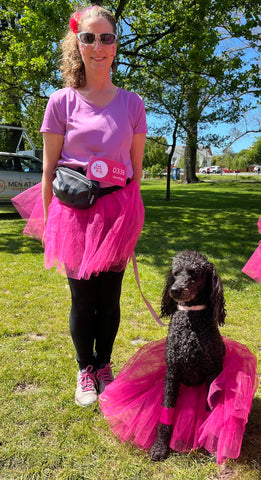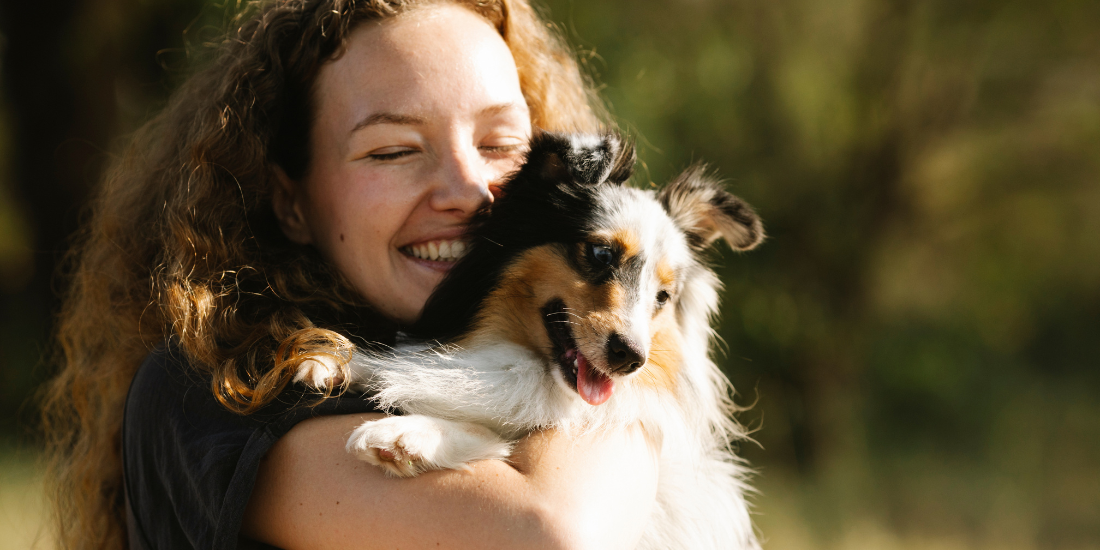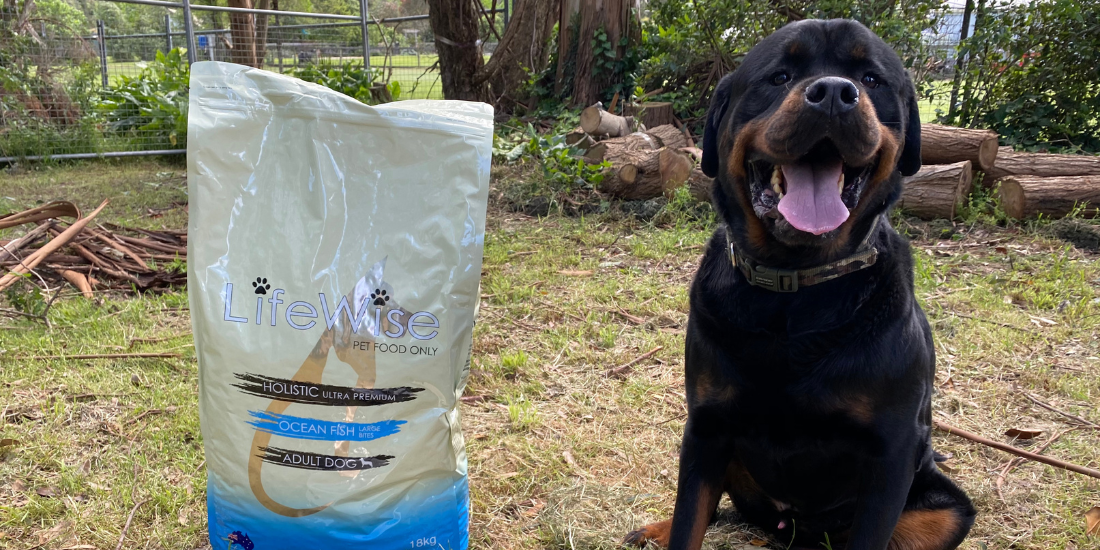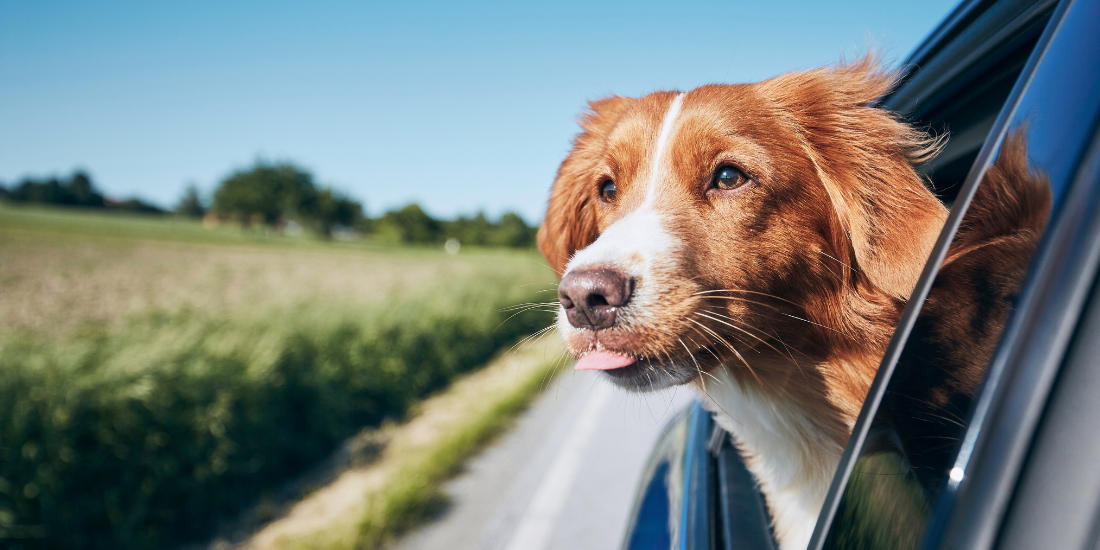
Just like a superhero's shield, vaccinations are your puppy's armour against potential health threats. In this article, we'll break down the who, what, when, and why of vaccinations, ensuring your furry sidekick has the best start to life. So, grab a leash and a dose of curiosity, and let's take off on a paw-sitive adventure through the world of puppy vaccinations.
Why Choose Puppy Vaccinations?
Puppyhood is a time of boundless curiosity and exploration. Still, it’s also a time when our furry companions are vulnerable to viral and bacterial diseases that can lead to severe illnesses and even prove fatal. The good news is that modern veterinary medicine has provided us with powerful tools to protect our puppies against these threats – vaccinations.
Arming your puppy's immune system with these preventive measures sets the stage for a healthier, happier Swaggle-filled future together.
When to Begin the Journey of Protection
The journey towards your puppy's well-being starts early - vaccinations are typically initiated at six weeks. This early start is crucial because puppies receive maternal antibodies from their mother's milk after birth. These antibodies offer initial protection but gradually diminish between 6 and 12 weeks. Since the exact timing of this decline varies for each individual pup, a series of vaccinations, spaced 3 to 4 weeks apart, is necessary to ensure a continuous shield of defence.
These carefully timed injections ensure that your puppy's immune system remains strong against potential threats, allowing you to begin on the adventures of socialisation and growth without concern.
Understanding Puppy Vaccinations
When it comes to safeguarding your companion's health, vaccinations are your strongest ally. These preventive measures shield your pup from a range of potentially severe and even life-threatening diseases like:
Parvovirus:This virus brings a wave of gastrointestinal distress, causing symptoms like fever, depression, vomiting, and severely watery, often bloody diarrhea with mucus. The incubation period lasts around 3 to 7 days, and the disease can be severe, occasionally leading to fatality. Supporting your pup's battle against parvovirus involves intravenous fluids and medications to alleviate their misery. An additional variation targets the heart. Contagious and highly resistant to disinfectants, parvovirus can lurk in the environment for months. Preventing contact with potentially contaminated items is crucial, as certain breeds remain more susceptible to this virus.
Distemper: Once highly prevalent, distemper now lingers in the shadows thanks to the power of vaccinations. This contagious sickness triggers a blend of gastrointestinal and respiratory signs, along with neurological symptoms, thickened foot pads, paralysis, and seizures. While infrequent today, the threat of distemper shows the significance of protection vaccinations can provide.
Infectious Hepatitis: The unspecific signs of this disease include anorexia, vomiting, lethargy, diarrhea, and abdominal pain, often culminating in jaundice. Ocular opacity or blurriness can also manifest. Its incubation period spans 2 to 14 days, and the virus spreads through urine and various discharges. Infection can be notoriously challenging to treat.
Infectious Tracheobronchitis: Commonly dubbed kennel cough, this contagious affliction spreads through close contact, making it a concern, even beyond kennel settings. A combination of culprits, including Adenovirus II, Parainfluenza, and Bordetella bronchiseptica, drives this disease. Bordetella can even affect humans, particularly those with compromised immune systems. The incubation window ranges from 2 to 14 days, and while usually not fatal, it triggers distressing respiratory symptoms, often likened to a goose's honk.
Leptospirosis: Though its prevalence varies geographically, leptospirosis poses a significant risk in warm regions where rats thrive near water. This disease transmits through rodent urine and can affect the kidneys and liver. Symptoms include anorexia, lethargy, excessive thirst, diarrhea, fever, vomiting, bleeding, shivering, and jaundice. Leptospirosis can be contracted orally or even through the skin during water exposure. Since this vaccine falls under the non-core category, discussing your pup's risks with your veterinarian is essential.
Rabies: This vaccine comes into play when travelling to countries where rabies prevails, as Australia and New Zealand remain rabies-free. While this threat might not be relevant to local pets, it's crucial for globetrotting pups. If you plan on overseas travel, investigate the puppy vaccination schedule Australia well before your intended travel dates.
Each disease poses specific risks and symptoms, and vaccinations play a crucial role in prevention and mitigation.
How Long After 2nd Puppy Vaccination Can They Go Out?
So, when is the right time to let your pup resume their outdoor escapades? The answer isn't a one-size-fits-all scenario; opinions differ, and local circumstances play a role. The decision boils down to a balance between safeguarding your puppy from potential diseases and giving them the opportunity for stimulation and socialisation.
Puppies aren't fully protected against the diseases mentioned earlier until their maternal antibodies wane and their own vaccination-triggered antibodies kick in. But when exactly this transition occurs varies from pup to pup. A dam's antibody-rich colostrum, consumed by the pups, can provide initial protection. However, the timing of this protection's expiry is unpredictable. Puppies with strong maternal immunity might be shielded early but become more susceptible later, while those with weaker immunity initially could grow stronger through their own antibodies after vaccination.
While vaccines aren't foolproof, they generally mitigate the severity of diseases. Parvovirus, for instance, poses a risk to your pup, transmitted by your household dogs or other dogs they interact with. It's a gamble between the waning maternal protection and the puppy's developed immunity – a gamble in timing that we can't precisely predict. Here at Swaggle, we're proponents of early stimulation and socialisation, believing it creates a foundation for a well-adjusted, joyous, and social furry companion for years to come.
Puppies go through a crucial learning period where they absorb important experiences, both positive and not-so-positive, until they're around 14 weeks old. With this window in mind, behaviourists, breeders, and veterinarians recommend introducing your pup to myriad positive situations during their initial weeks in your home. While taking your pup out, favour low-risk locales. Some hardware stores and cafes are pup-friendly, and interactions with vaccinated dogs that avoid high-risk areas can be beneficial. Specialised puppy socialisation classes are another fantastic option, fostering both learning and interaction.
While a stroll through the neighbourhood or along the shore can be exhilarating, weighing potential risks against socialisation’s rewards is essential. Remember, veterinarians can conduct tests post-vaccination to gauge your pup's protection against diseases like Parvo and Distemper. This usually occurs around 2 weeks following the 12 or 16-week vaccination mark. These tests can also be a routine part of your dog's healthcare to determine if booster vaccinations are needed. Your comfort as a pet parent will determine the right balance between adventure and safety.
Will Vaccines Hurt My Puppy?
What about the vaccine process and its effects on your puppy? Generally, the veterinarian or veterinary nurse will take time to create a comfortable environment in the exam room for your puppy before administering the vaccines. We often use treats, or you can bring your own, along with licky mats and plenty of cuddles to distract your puppy from feeling anything unpleasant.
Potential Side Effects
Regarding side effects, it's important to note that just like with our own vaccines and medications, there can be some potential side effects for puppies. However, they are relatively uncommon and occur much less frequently than actually contracting the disease itself. These effects might include:
Local reactions: such as swelling at the vaccine injection site and itchiness or pain around that area.
Systemic reactions are rare but could encompass lethargy, fever, or a temporary loss of appetite. In some cases, sudden anaphylactic reactions may lead to symptoms like vomiting, diarrhea, facial or joint swelling, hives, or difficulty breathing. Extremely rarely, the immune system and blood cells might be affected. If you observe any concerning symptoms, immediately schedule an appointment with your veterinarian for proper evaluation.
How Much Are Puppy Vaccinations?
Wondering about the cost of puppy vaccinations? Typically, you can expect to pay between $170 - $250 for the full three rounds of shots. For adult dog vaccinations, the annual cost is approximately $90. However, keep in mind that these prices are only indicative, and will vary depending on your location and vet practice. Fortunately, puppy vaccination costs in Australia are reasonably low, especially considering the potential veterinary bills you could face if your puppy contracted one of these severe diseases.
As you embark on the journey of puppy parenthood, remember that vaccinations are a vital shield against serious diseases. Your puppy's well-being hinges on your actions. From creating a safe haven to mastering socialisation, you're in charge of setting your pup up for a life lived at full Swaggle.
While vaccines might have minor side effects, their protection far outweighs any potential risks. By keeping up with vaccination schedules and prioritising your puppy's health, you're ensuring a vibrant and joyful future together. Get ready to explore, play, and share countless adventures with your furry bundle of joy!

About The Author
Dr Terryne Loney
Consultant Veterinarian | Pets: Roni, Barker and Corbett (Cats)
I have 30 years experience in companion animal practice and part of a nationwide veterinary senior leadership team. With a background of interest in all aspects of animal care, emotionally and physically, I am an advocate for wellness and fear free handling as well as dentistry, internal medicine, dermatology, oncology, and safe anaesthesia during surgery.
Enjoyed This?
Explore more ....



